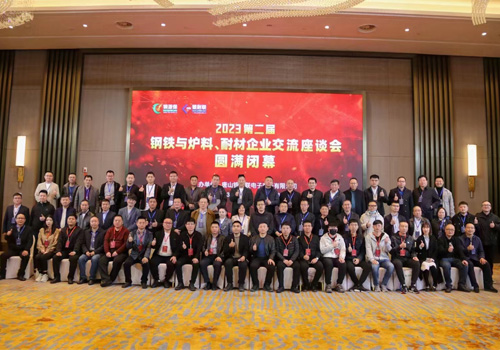Set . 29, 2024 00:56 Back to list
High Performance Thermal Insulation Materials for Elevated Temperature Applications
High-Temperature Thermal Insulating Material Manufacturers Protecting Against Heat
In a world where industries increasingly demand better performance under extreme conditions, high-temperature thermal insulating materials have emerged as essential components in numerous applications. These materials are crucial for protecting both equipment and personnel from the detrimental effects of heat. This article sheds light on the importance of these materials, their applications, and the manufacturers behind them.
Understanding High-Temperature Thermal Insulating Materials
High-temperature thermal insulating materials are designed to withstand extreme heat while providing effective insulation. They play a vital role in minimizing heat transfer, thereby enhancing energy efficiency and safety. These materials can include ceramic fibers, mineral wool, and various composite products capable of resisting temperatures that exceed 1,000 degrees Celsius (1,832 degrees Fahrenheit).
Manufacturers of these materials utilize advanced technology to create products that not only insulate but also possess additional benefits such as lightweight construction, resistance to chemical corrosion, and durability under mechanical stress. The continuous development in this field ensures that innovative solutions are available for even the most demanding environments.
Key Applications
The applications of high-temperature thermal insulating materials are vast and varied. In the aerospace sector, these materials are essential in the construction of engines and thermal protection systems for spacecraft. Their ability to withstand extreme temperatures while providing necessary insulation is critical in ensuring the safety and efficiency of these complex machines.
The automotive industry also relies heavily on high-temperature insulation, particularly in areas close to engines and exhaust systems. Components such as catalytic converters and turbochargers generate significant heat, and effective insulation is crucial for enhancing performance, fuel efficiency, and reducing emissions.
Moreover, industries such as petrochemical, power generation, and metallurgy are notable users of high-temperature insulation materials
. In these sectors, the ability to contain heat within process equipment is critical not only for operational efficiency but also for meeting environmental regulations.high temperature thermal insulating material manufacturer

Leading Manufacturers in the Industry
The production of high-temperature thermal insulating materials is dominated by several key manufacturers known for their innovation and quality. Companies such as Morgan Advanced Materials, Thermal Ceramics, and Insulcon are leaders in this field, each offering a range of products tailored to meet the unique requirements of various industries.
These manufacturers invest heavily in research and development to create products that not only meet industry standards but also push the boundaries of performance. For instance, some manufacturers are now producing advanced ceramic insulating materials capable of withstanding temperatures above 1,600 degrees Celsius (2,912 degrees Fahrenheit), providing even greater protection.
Additionally, sustainability has become a significant focus for many manufacturers. They are exploring the development of eco-friendly insulating materials, such as those made from recycled fibers or bio-based sources, to minimize environmental impact while maintaining high performance.
The Future of High-Temperature Insulating Materials
As industries continue to evolve, the demand for high-temperature thermal insulating materials is expected to grow. Factors driving this demand include the global push for energy efficiency and stricter regulations concerning emissions. Consequently, manufacturers are likely to focus on developing more effective, lightweight materials that can withstand greater temperatures and provide enhanced protection.
Furthermore, collaboration between manufacturers and research institutions is anticipated to lead to breakthroughs that result in advanced materials capable of meeting future technical challenges. This collaboration may involve developing nanomaterials or composites that present a superior thermal resistance compared to traditional materials.
Conclusion
High-temperature thermal insulating materials are indispensable in today's industrial landscape, catering to the needs of various sectors where heat protection is critical. As the demand for innovative solutions increases, manufacturers focus on creating materials that are not only efficient but also environmentally friendly. By continuing to innovate, these manufacturers will ensure that their products effectively meet the challenges of an ever-evolving technological world.
-
High-Quality Traditional Recarburiser Trusted Supplier & Manufacturer for Steelmaking
NewsJul.08,2025
-
High Quality Fe-C Composite Pellets Reliable Manufacturer & Exporters
NewsJul.08,2025
-
High-Quality Magnesium Silicate Adsorbent Manufacturer & Supplier Leading Factory for Adsorbents
NewsJul.08,2025
-
Lightweight Wall Powder – Premium Lightweight Wall Powder Suppliers & Manufacturer
NewsJul.07,2025
-
High Quality Steel Wire Rod Reliable Mild Steel Wire Rod Manufacturer & Supplier
NewsJul.07,2025
-
ML08AL-Y Supplier & Manufacturer High-Quality ML08AL Factories Reliable Exporter
NewsJul.07,2025
